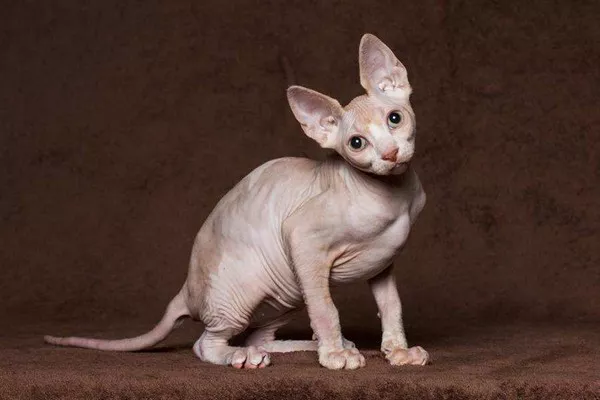Turtles, fascinating creatures that have inhabited our planet for millions of years, exhibit a wide range of dietary habits. While many of us associate turtles with a diet primarily consisting of aquatic vegetation and small invertebrates, the question that often intrigues both pet owners and wildlife enthusiasts alike is, “Do turtles eat bananas?” In this exploration, we delve into the culinary curiosity of turtles, shedding light on their dietary preferences and the appropriateness of incorporating bananas into their meals.
Understanding the Turtles’ Natural Diet
Turtles, being ectothermic reptiles, derive their energy from external sources, primarily through their diet. In the wild, their natural diet varies based on species but generally includes aquatic plants, insects, worms, and occasionally small fish. This diverse diet ensures they receive the essential nutrients vital for their survival and well-being.
The Importance of a Balanced Diet for Turtles
Maintaining a balanced diet is crucial for the health of turtles, whether they are wild or kept as pets. A well-rounded diet provides the necessary vitamins, minerals, and proteins that contribute to their overall growth and vitality. Deviating from their natural diet can have repercussions on their health, emphasizing the importance of understanding what foods are suitable for these unique reptiles.
Can Turtles Eat Bananas?
The query at the center of our investigation – can turtles eat bananas – stems from the increasing interest in diversifying pet turtle diets. Bananas, being a readily available and palatable fruit, might seem like a tempting treat for turtles. However, it is essential to examine the nutritional composition of bananas and how it aligns with the dietary requirements of turtles.
Nutritional Value of Bananas for Turtles
Bananas are a good source of several essential nutrients, including potassium, vitamins B6 and C, and dietary fiber. While these components are beneficial for humans, turtles have distinct dietary needs. Understanding the nutritional value of bananas for turtles is crucial in determining whether this fruit can be a healthy addition to their diet.
The Pros and Cons of Feeding Turtles Bananas
Examining the pros and cons of feeding turtles bananas is essential for making informed decisions about their dietary choices. On one hand, bananas provide a tasty and energy-rich option; on the other hand, their high sugar content may pose challenges. Balancing the benefits and potential drawbacks is key to ensuring the well-being of these captivating reptiles.
See Also: Does Jellyfish Make Turtles High?
Recommended Fruits for Turtles
While bananas might be on the menu for some turtles, it is essential to explore a broader spectrum of fruits that align more closely with their natural diet. Substituting or supplementing bananas with fruits like strawberries, blueberries, and melons can provide a variety of nutrients without compromising their health.
Guidelines for Feeding Bananas to Pet Turtles
For turtle owners contemplating introducing bananas into their pets’ diet, adhering to specific guidelines is crucial. Moderation is key, as an excessive intake of bananas can lead to health issues. Slicing bananas into manageable portions, removing the peel, and ensuring that they are a supplement rather than a staple are essential practices to uphold.
Consulting a Veterinarian for Dietary Advice
To navigate the complexities of turtle nutrition effectively, consulting with a reptile veterinarian is highly recommended. Veterinarians possess the expertise to provide tailored advice based on the specific species, age, and health condition of the turtle in question. This professional guidance ensures that the dietary choices made are conducive to the turtle’s optimal health.
Conclusion
In conclusion, the question of whether turtles eat bananas unveils a nuanced exploration into the dietary habits of these ancient reptiles. While bananas can be an occasional and enjoyable treat, maintaining a balance with their natural diet is imperative. Educating turtle owners about suitable dietary choices, emphasizing moderation, and seeking professional advice when needed are the cornerstones of promoting the health and longevity of these captivating creatures. By understanding the intricate relationship between turtles and their food, we contribute to the well-being of these resilient beings that have stood the test of time.
Related Topics:
How Long Can a Turtle Thrive Without a Heat Lamp?
Exploring the Feasibility: Can Turtles Eat Strawberries?
Exploring the Diet of Turtles: Can Turtles Eat Tomatoes?
























